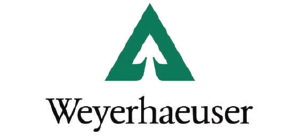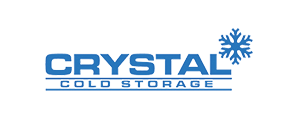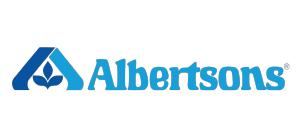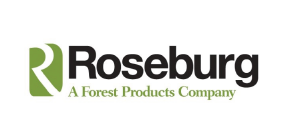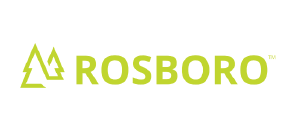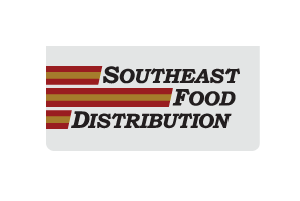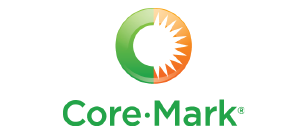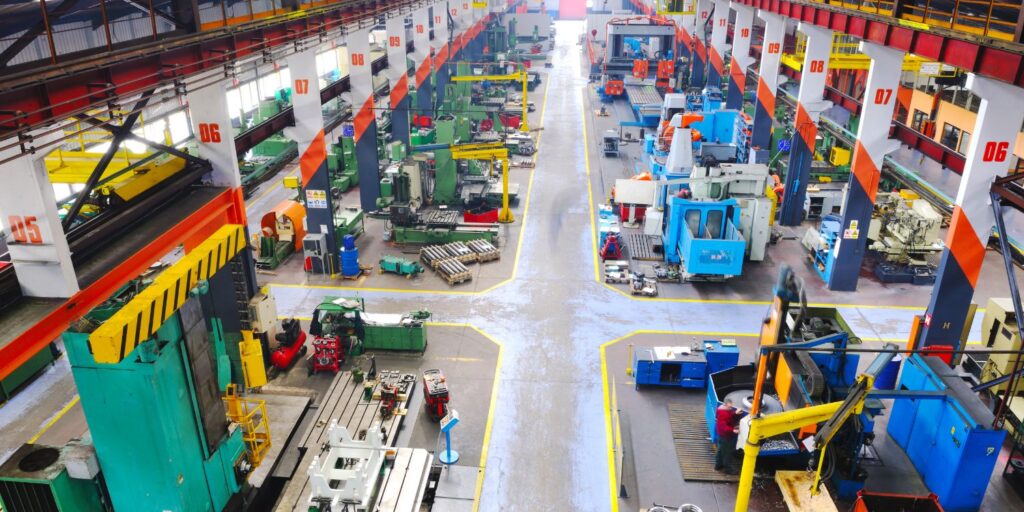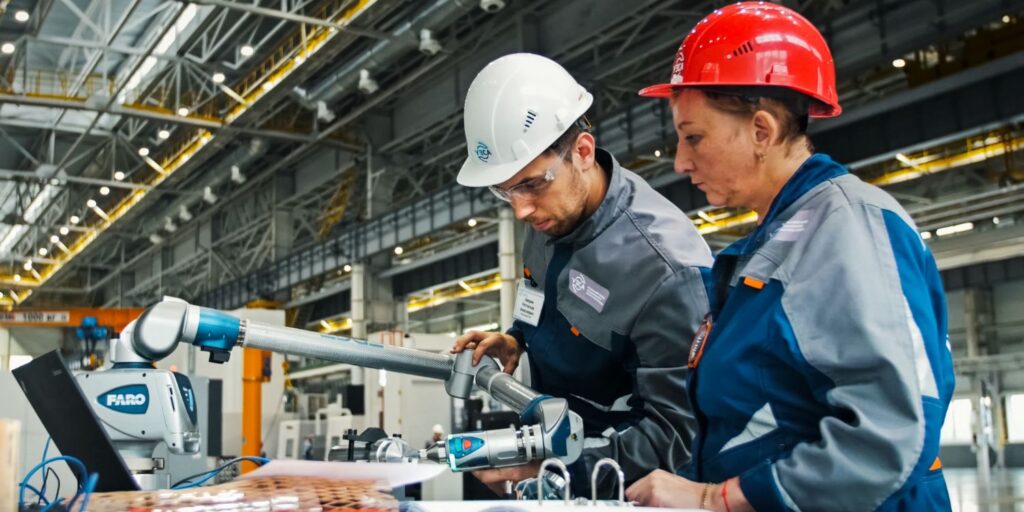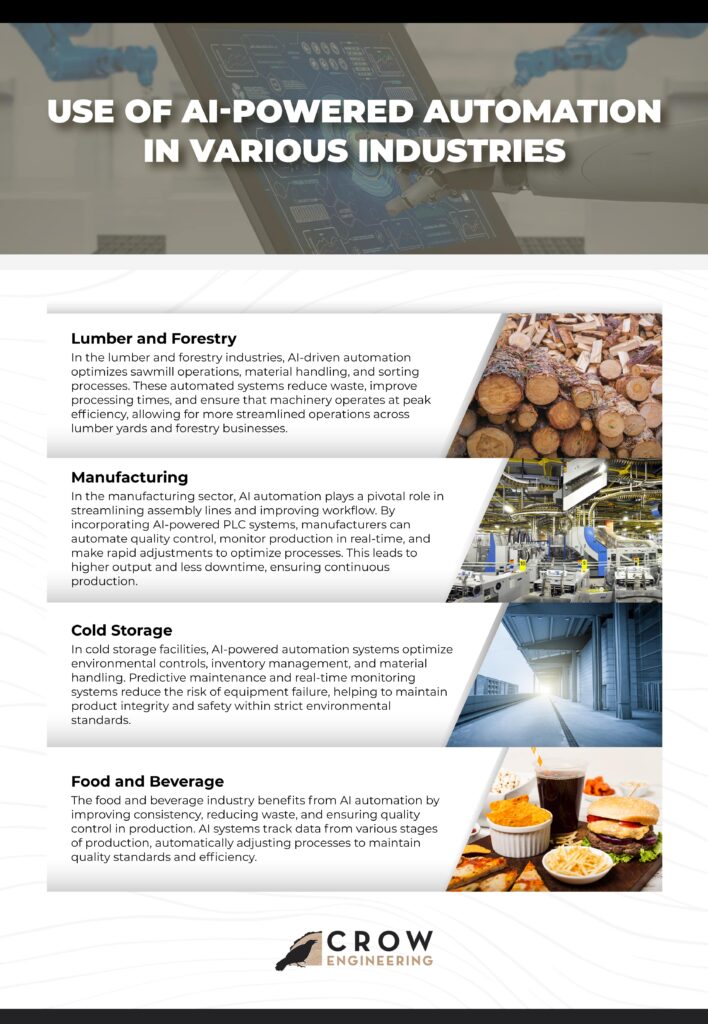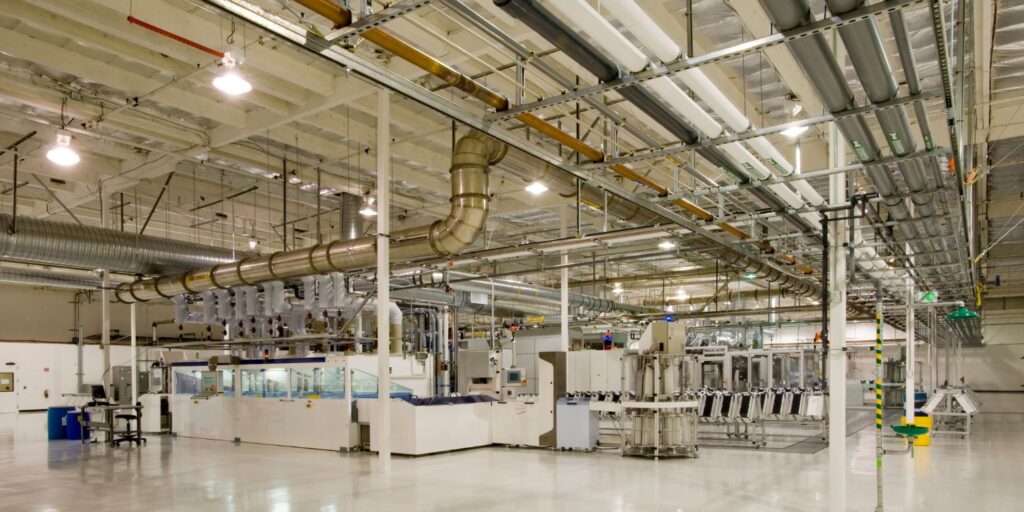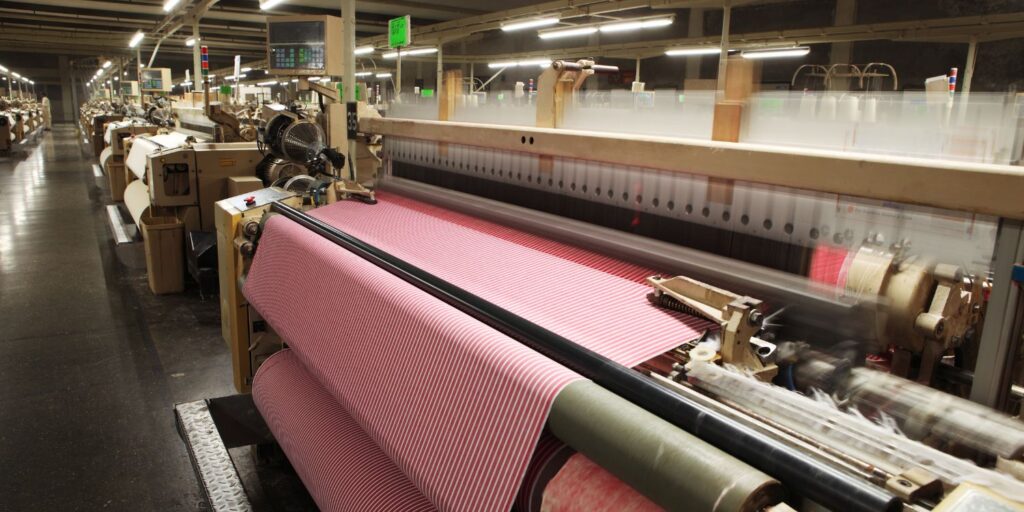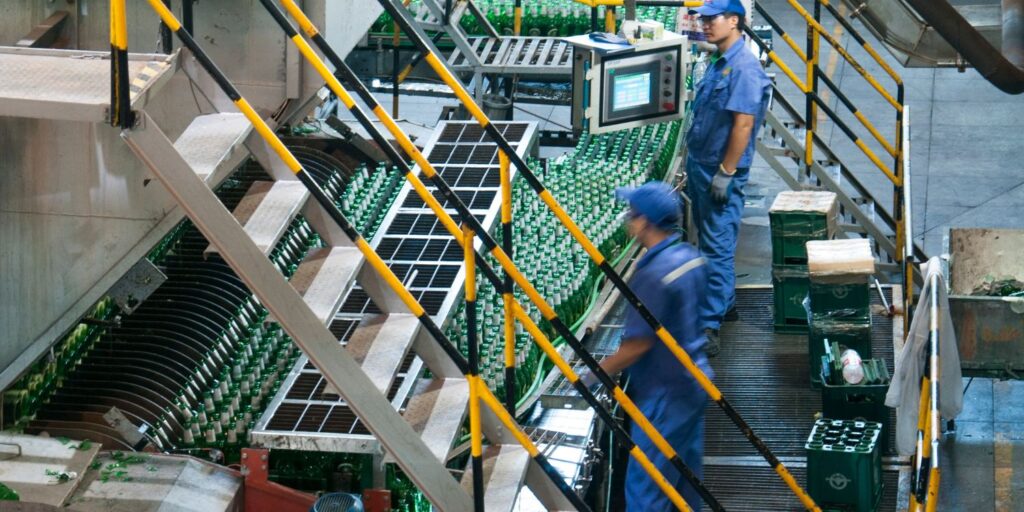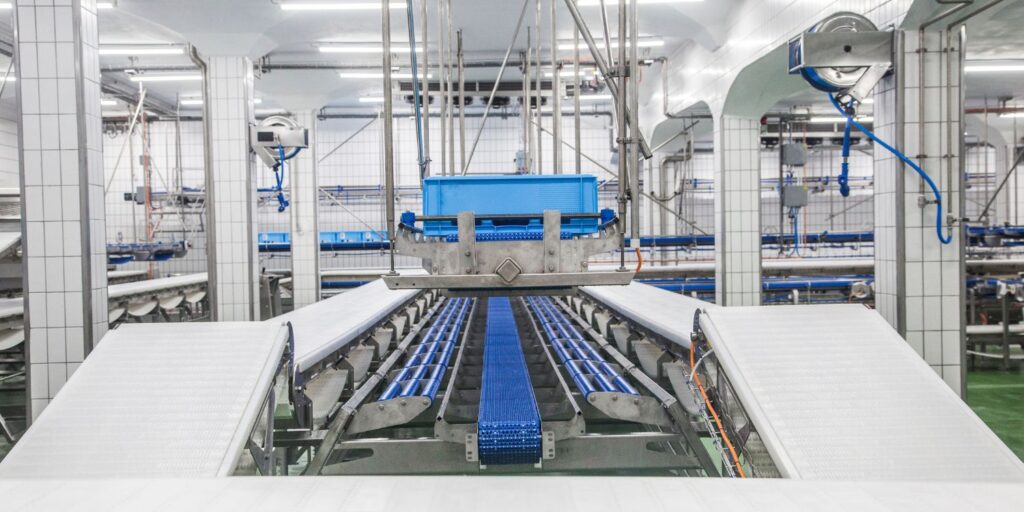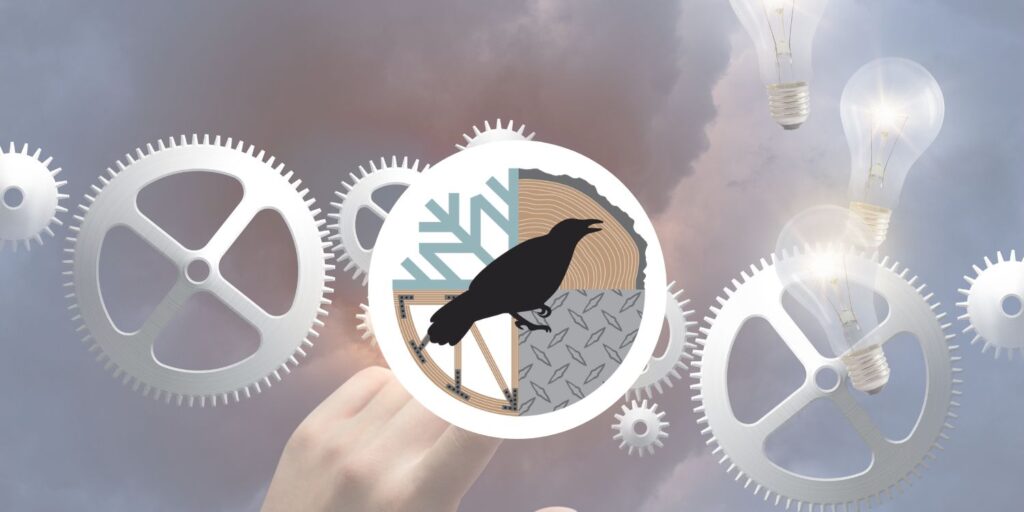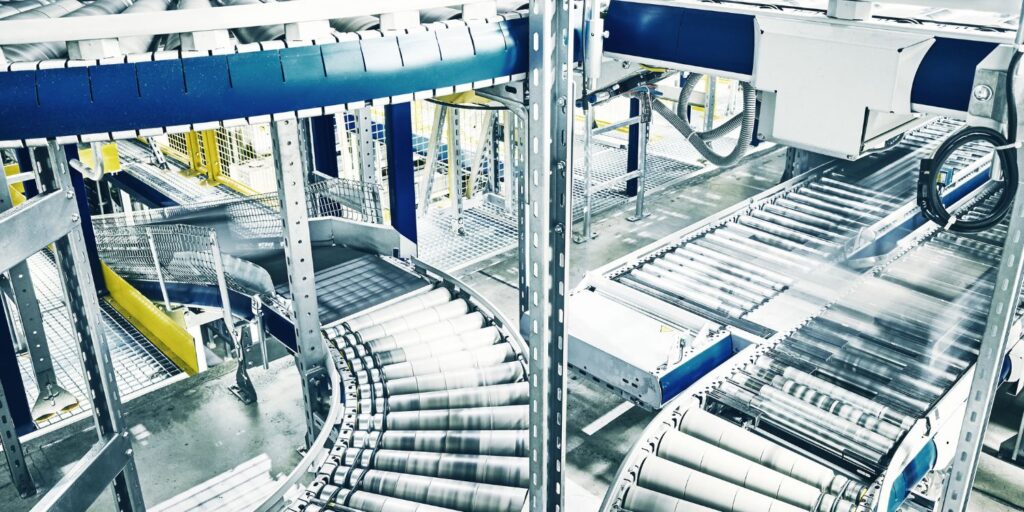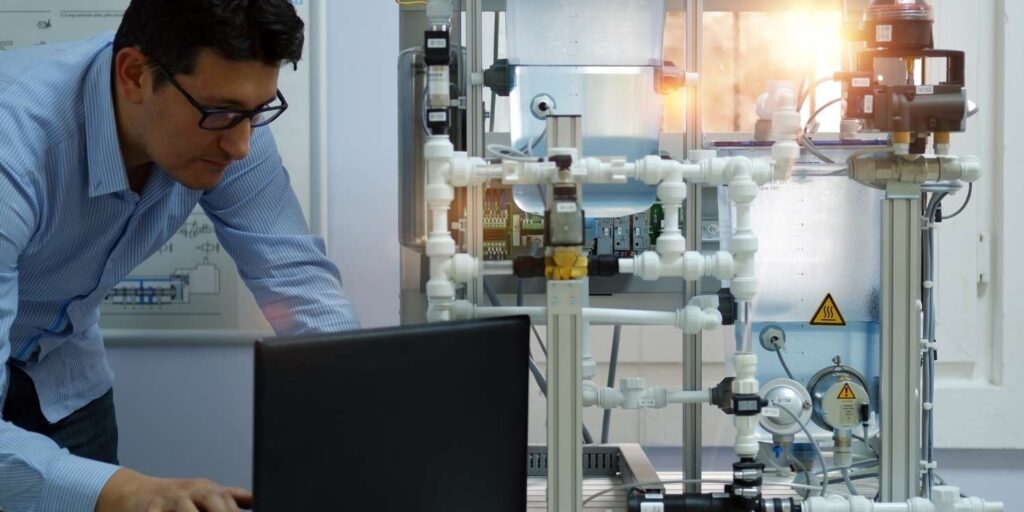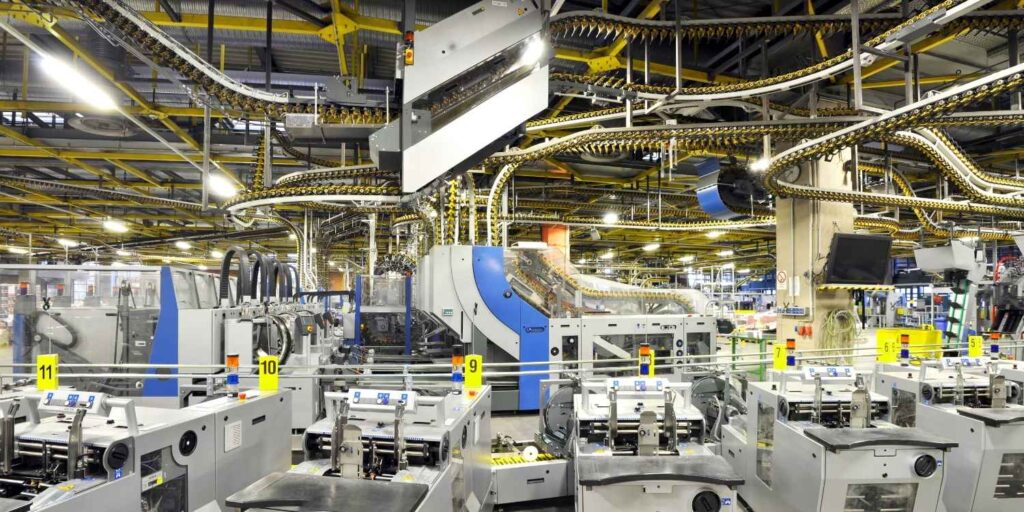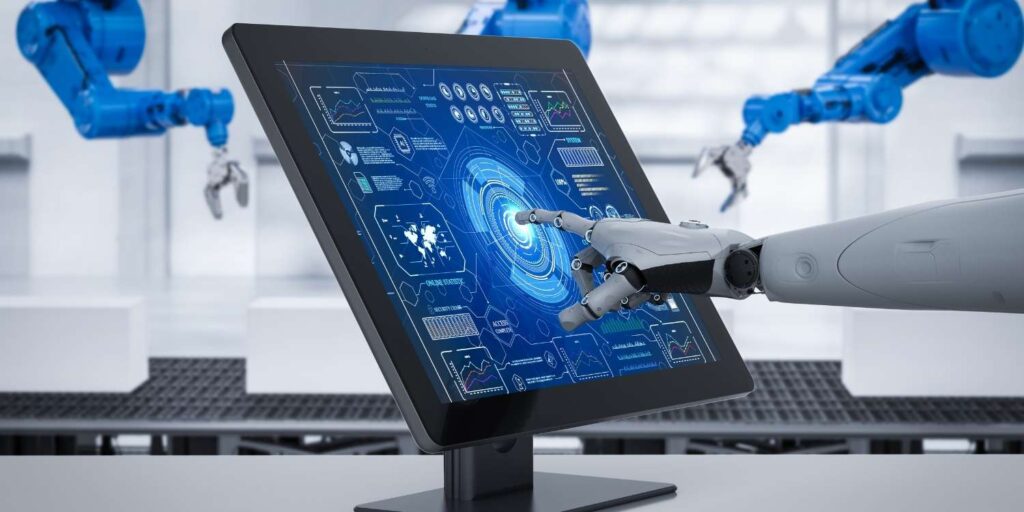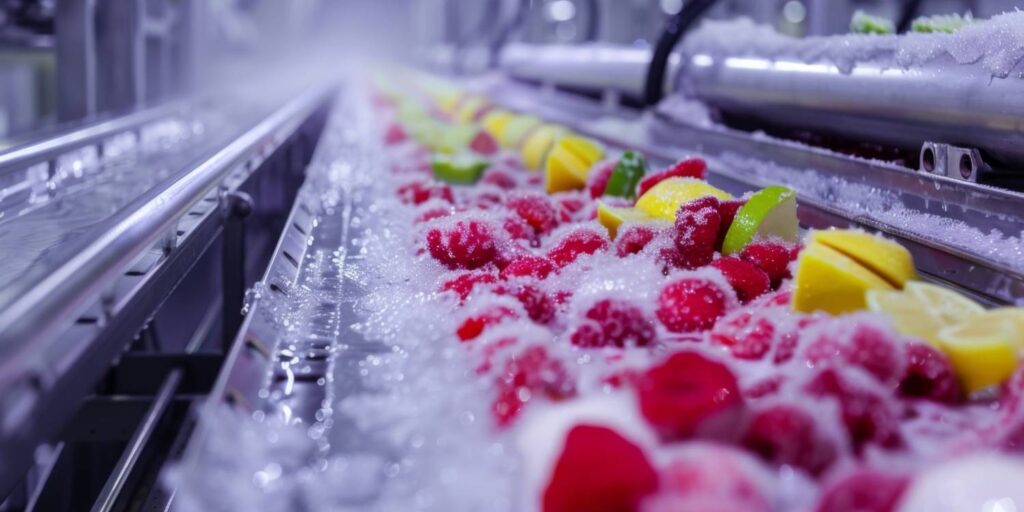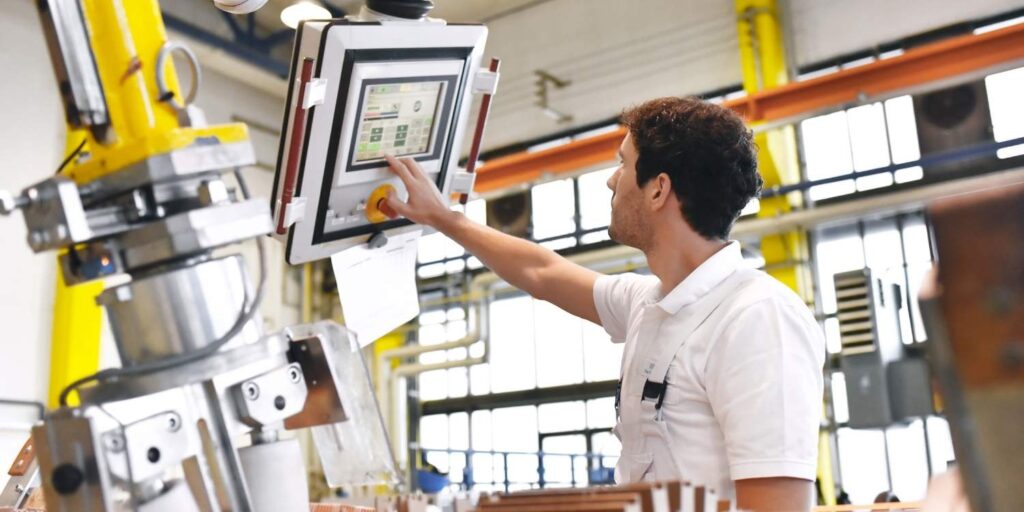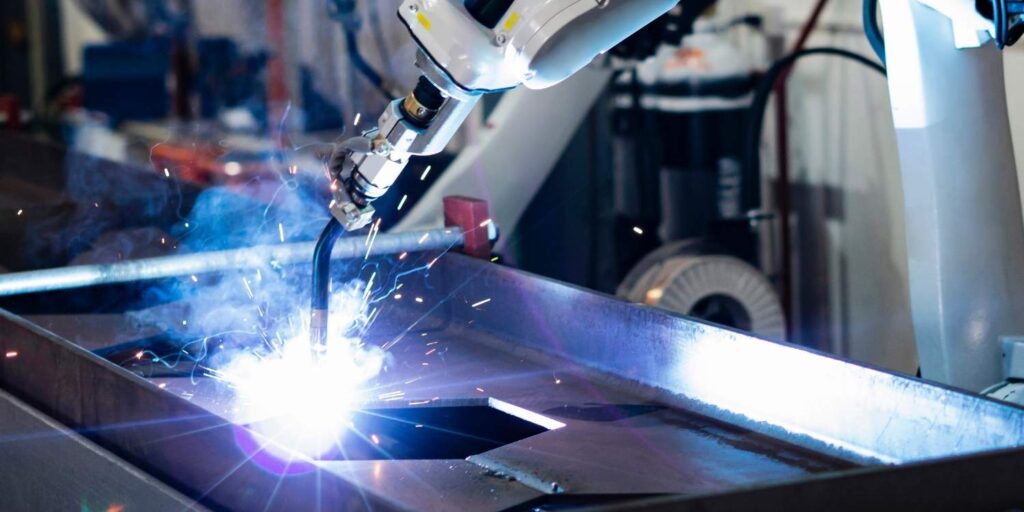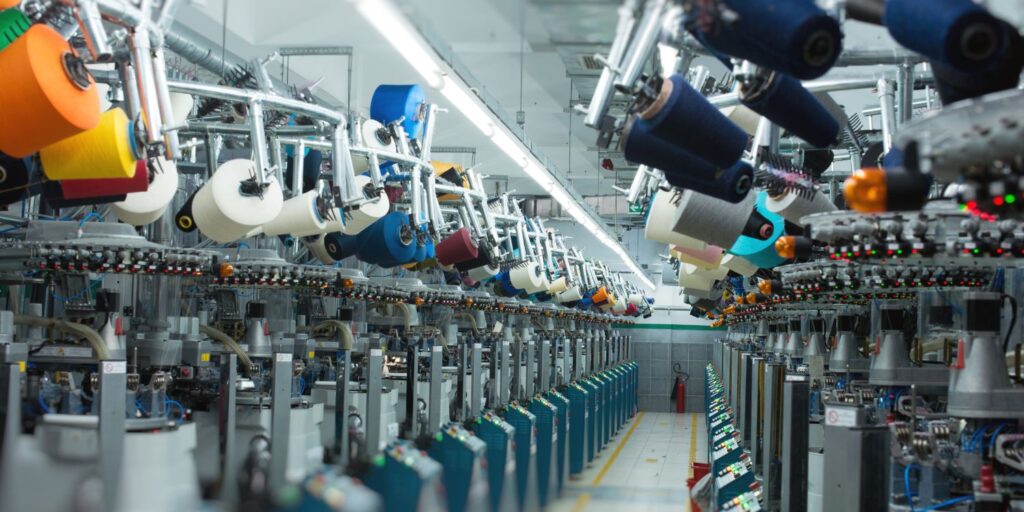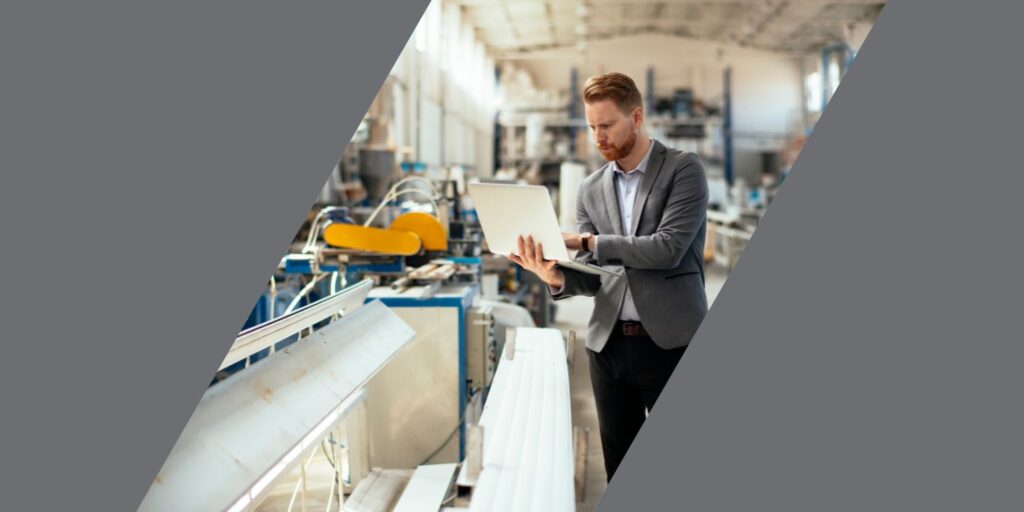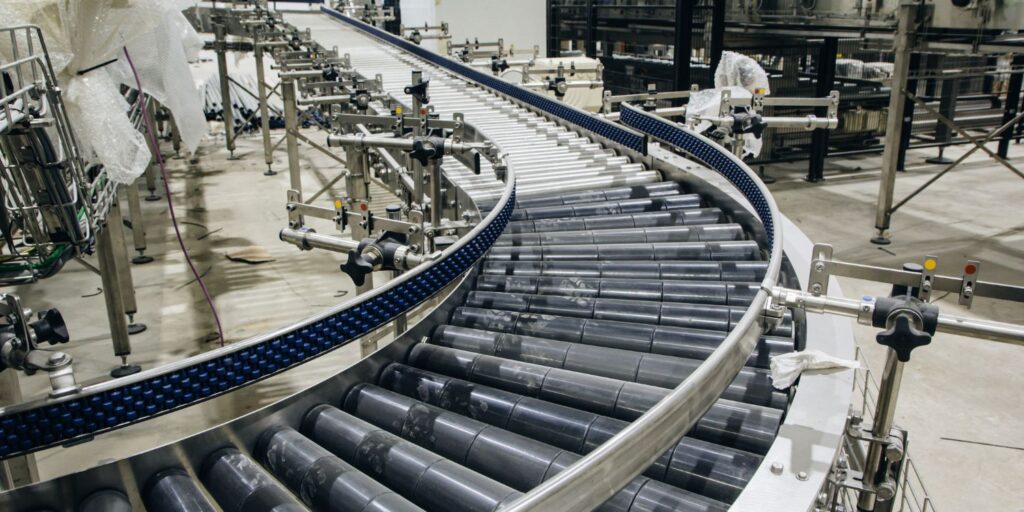Maximizing efficiency, accuracy, and productivity is critical for industries striving to maintain a competitive advantage. AI-powered automation is revolutionizing industrial processes, providing smarter, more adaptive solutions that reduce the need for human intervention while enhancing overall performance. With artificial intelligence (AI), businesses can automate repetitive tasks, analyze vast amounts of data, and make real-time decisions that boost productivity and streamline operations across the board.
Key Components of AI-Powered Industrial Automation
AI Algorithms and Machine Learning
AI algorithms are at the core of industrial automation, using vast amounts of data collected from sensors and machinery to learn, adapt, and optimize processes. Machine learning models can predict equipment failures, optimize production schedules, and even make autonomous decisions to improve manufacturing outcomes. These technologies help manufacturers analyze operational data and adjust processes in real-time, enhancing both efficiency and accuracy.
Integration with Industrial Robots
AI-powered robotic systems are transforming material handling processes, reducing manual labor, and improving precision. Robots equipped with AI can sort, pack, and transport materials without error, which increases workflow accuracy and overall throughput.
Data-Driven Decision Making
The integration of AI systems with industrial machinery allows for real-time monitoring and decision-making, which is essential for maintaining smooth and uninterrupted processes. AI-enabled systems can continuously track performance data, detect potential issues, and automatically make adjustments to maintain optimal operation. This kind of predictive analysis is critical in preventing downtime, reducing operational costs, and maintaining high productivity levels.
Learn more about how Crow Engineering uses these cutting-edge technologies to enhance industrial automation through its Machine Automation services.
Benefits of AI-Powered Automation in Industrial Processes
Increased Productivity
By automating routine and repetitive tasks, AI systems reduce the need for human labor and significantly increase production speeds. AI-driven systems can operate continuously, leading to increased output and shorter production cycles. Automated systems also help companies maintain high throughput while ensuring consistent product quality.
Cost Reduction
AI-powered automation reduces operational costs in several ways. First, it minimizes human intervention, which helps lower labor costs. Secondly, it enables predictive maintenance, which allows manufacturers to anticipate equipment failures before they occur, avoiding costly downtime and expensive repairs. As a result, businesses can maximize equipment uptime while maintaining operational efficiency.
Improved Precision and Accuracy
Automation powered by AI ensures precision in every step of production. AI’s ability to fine-tune control over manufacturing processes results in fewer defects and less waste, which improves product quality. This is especially critical for industries that rely on strict quality standards, such as manufacturing and cold storage.
Use of AI-Powered Automation in Various Industries
Lumber and Forestry
In the lumber and forestry industries, AI-driven automation optimizes sawmill operations, material handling, and sorting processes. These automated systems reduce waste, improve processing times, and ensure that machinery operates at peak efficiency, allowing for more streamlined operations across lumber yards and forestry businesses.
Manufacturing
In the manufacturing sector, AI automation plays a pivotal role in streamlining assembly lines and improving workflow. By incorporating AI-powered PLC systems, manufacturers can automate quality control, monitor production in real-time, and make rapid adjustments to optimize processes. This leads to higher output and less downtime, ensuring continuous production.
Cold Storage
In cold storage facilities, AI-powered automation systems optimize environmental controls, inventory management, and material handling. Predictive maintenance and real-time monitoring systems reduce the risk of equipment failure, helping to maintain product integrity and safety within strict environmental standards.
Food and Beverage
The food and beverage industry benefits from AI automation by improving consistency, reducing waste, and ensuring quality control in production. AI systems track data from various stages of production, automatically adjusting processes to maintain quality standards and efficiency.
Future of AI in Industrial Automation
Smart Factories
The rise of AI-powered automation is leading to the development of smart factories, where nearly every element of production is automated. Smart factories rely on AI to integrate various aspects of manufacturing, from supply chain management to product quality control. These advanced systems allow manufacturers to achieve higher efficiency, scalability, and flexibility in their operations.
Scalability
AI-powered automation systems offer businesses the ability to scale up production while maintaining the same level of efficiency. Whether it’s increasing production capacity or optimizing a single production line, AI systems provide the flexibility needed to grow operations without sacrificing performance or quality.
Real-Time Monitoring and Predictive Analytics
Predictive maintenance enabled by AI will continue to play a crucial role in the future of industrial automation. By analyzing real-time data, AI can predict when equipment needs maintenance, reducing the chances of unexpected breakdowns and optimizing long-term operational performance.
Crow Engineering’s Role in AI-Powered Industrial Automation
Crow Engineering offers custom AI-powered automation solutions tailored to meet the needs of various industries. By integrating advanced machine automation technologies into production lines, Crow Engineering improves workflow, productivity, and operational reliability. Whether it’s implementing AI-driven PLC control systems or developing comprehensive automation strategies, Crow Engineering’s expertise ensures that industries can fully capitalize on the benefits of AI-powered automation.
AI-powered automation is transforming industrial processes by increasing efficiency, reducing operational costs, and improving product quality. By incorporating AI technologies, businesses can optimize every aspect of their production lines, from material handling to quality control, ensuring that they stay competitive in today’s rapidly evolving industrial landscape. Contact Crow Engineering today to learn how AI-powered automation can benefit your industrial processes.
Who are we?
Crow Engineering is a multi-discipline consulting engineering firm serving mechanical, structural, and civil engineering needs for a variety of industries.
Engineering Services
the crow connection
Recent News
The Crow Connection delivers high-level insights on engineering, automation, and process optimization, helping you drive efficiency and innovation. Covering topics like AI-powered automation, manufacturing strategies, and industrial process improvements, it’s a must-read for leaders seeking a competitive edge.

